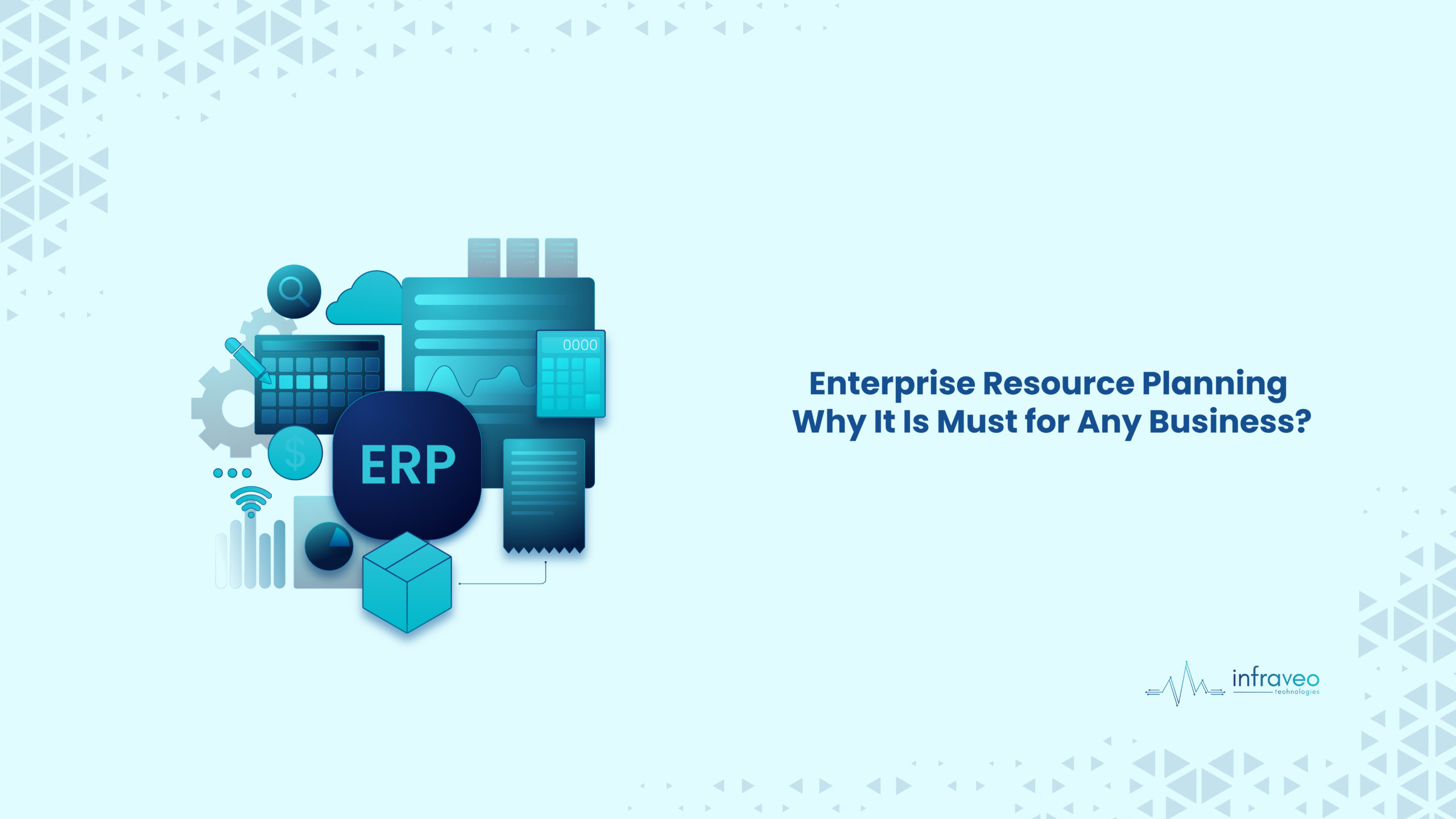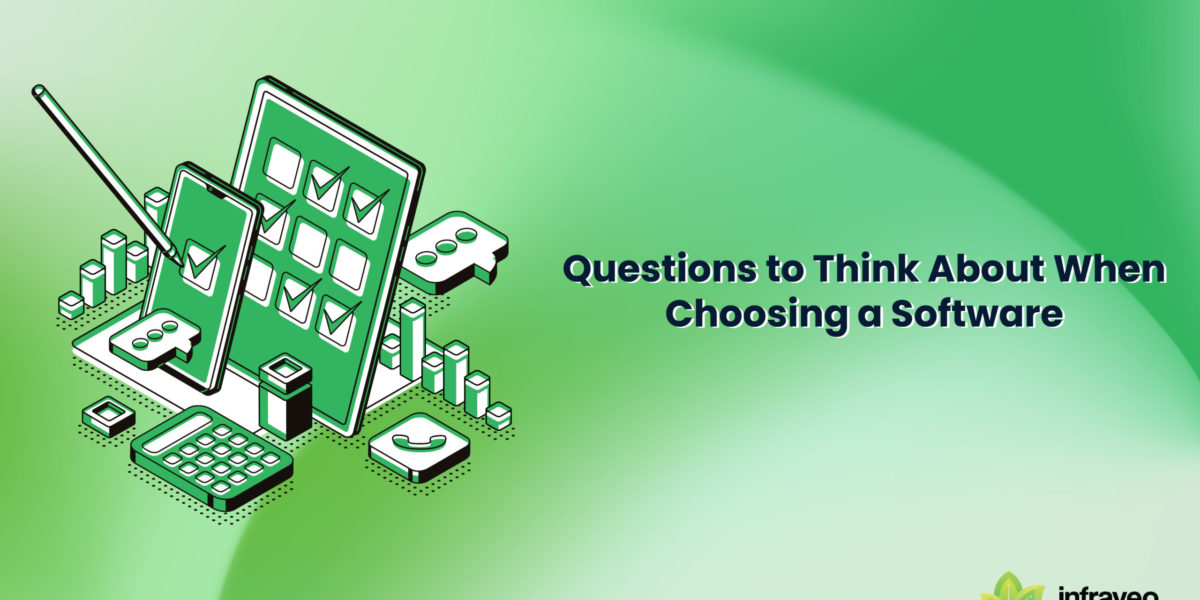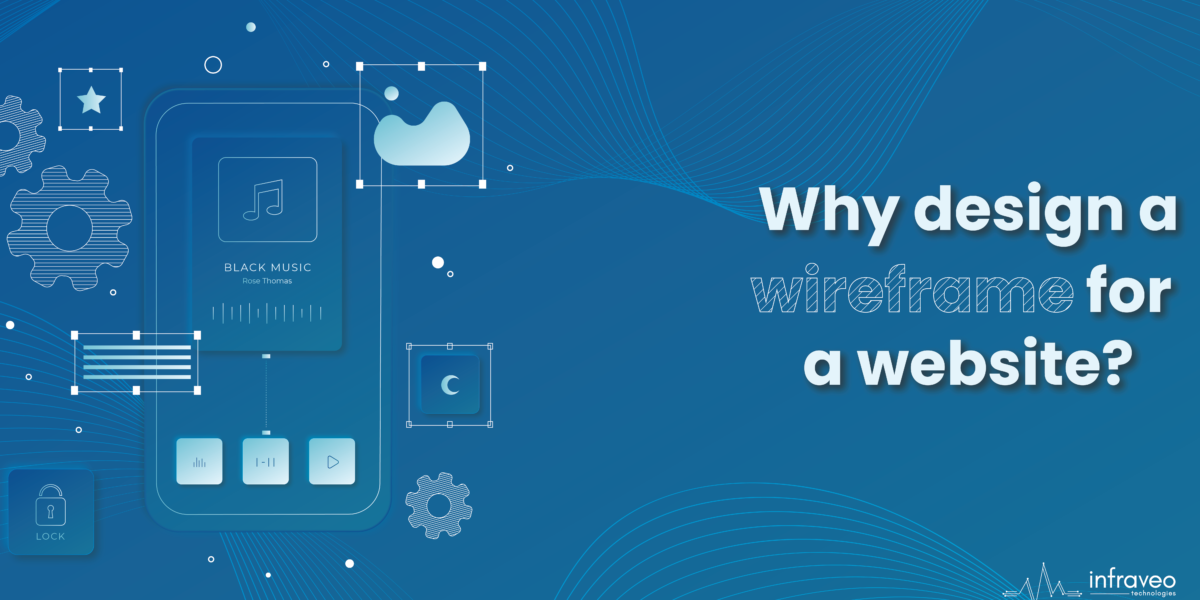Introduction
The ERP system was created to help organizations in storing, managing, and using data related to their ongoing operations. ERP keeps track of a variety of information, including payroll, raw materials, contractual commitments, purchase orders, and production capacity. Because of its use and success, Erp system is a part of the IT industry and is today regarded as a multi-billion-dollar industry. The ERP system’s integration of numerous organizational systems and simplicity of error-free transactions and production boost the organization’s efficiency. The creation of an ERP system, however, is separate from the creation of customized systems. It uses a database as its main information storage and can use a range of computer systems and network setups.
What is ERP?
Enterprise Resource Planning (ERP) as it is more frequently known, is a software system used to keep and support a company’s operations. Usually, the duties are complete immediately. The ERP system arranges the data flow between a company’s business activities, creating a single source of truth and applying operations across the entire organization. It can integrate the financials, operations, supply chain, commerce, reporting, manufacturing, and human resources functions of an organization into a single platform.
Components of ERP System
Business management software is another name for ERP systems. There are 4 major components of the ERP system:
- Collect data
- Keep it in hand for future use
- For use in company or organization, we should interpret the data.
- For simpler access, categorize and analyze the information.
Modules include:
1) Finance:
Modern It supports safety while boosting profitability. So may access real-time information whenever and wherever individuals choose with the aid of the dashboards and AI-driven insights that provide an overview of current finances. By automating routine processes, it should also reduce the need for manual data entry and provide tracking features that support regulatory compliance for any company.
2) Commerce
An ERP system may provide service providers with a full online and offline commerce solution that integrates back-office, in-store, and digital experiences. Today’s service providers face a number of challenges. Through AI solutions, businesses help customers have a more customized and smooth shopping experience while also increasing employee efficiency, lowering fraud, and expanding their business.
3) Human Resources Management:
An HR module is included in ERP systems, and it offers major components like payroll, time, and attendance. The ERP may be connected to add-ons or even full human capital management suites to give more powerful HR features, including employee experience management and workforce analytics.
4) Manufacturing:
With the help of robotic process automation, this ERP feature helps boost communications, streamlines routine tasks, and gives manufacturers the tools they need to meet demand from customers and effectively manage resources. Also, it increases production scheduling, cost management, and project management.
5) Sourcing and Procurement
The sourcing and procurement module helps organizations in acquiring the products they wish to resell as well as the materials and services required to make their goods. The module centralizes and automates purchasing, including quotation inquiries, contract generation, and approvals. It can reduce under- or over, boost supplier negotiations using AI-powered data, and even easily link with buyer networks.
6) Supply Chain Management
The supply chain module, another important element of ERP systems, keeps track of how products are moved across a company’s supply chain. This module provides data on managing inventory, warehouses, shipping, and logistics, which can increase the supply chain’s transparency and dependability.
7) Customer Relationship Management (CRM)
CRM systems, which track sales and marketing, commissions, customer service, customer interaction, and call center support, are frequently thought of as business support systems than as being a part of ERP systems.
8) Enterprise Asset Management:
An effective ERP included an EAM module that helps firms with lots of asset maintain their equipment running and optimize. This module has a range of interest, like a schedule, planning, asset and management, environment, health, and safety, and more.
ERP in the IT Sector
At the center of the technical era, ERP software and systems are a separate sector. ERP systems are successful, efficient, and in high demand, which has increased their value to time and money.IT assets have the distinction as the U.S. spending category with the greatest expenditures. ERP is beginning to rule the IT sector as a result of its improvement in recent years.
Conclusion
The ERP system supports a variety of organizational processes, such accounting, sales, purchasing, and manufacturing. The most important demands it meets is the requirement to supply all data to many departments that may want data. Every firm has access to data. All firms have access to data. They use this data for real-time updates and evaluations. As a start-up, you have surely been focused on growing and scaling your business, and you may be searching for a new website, CRM, ERP, invoicing software, or any other IT-related services. We at Infraveo Technologies help in providing the necessary tools to succeed by trying to give a wide range of services including custom software development, website / web app development, cloud services, and technologies that may help you manage your business more effectively by providing you the support, growth, and quality service you need. For more information, please click here




